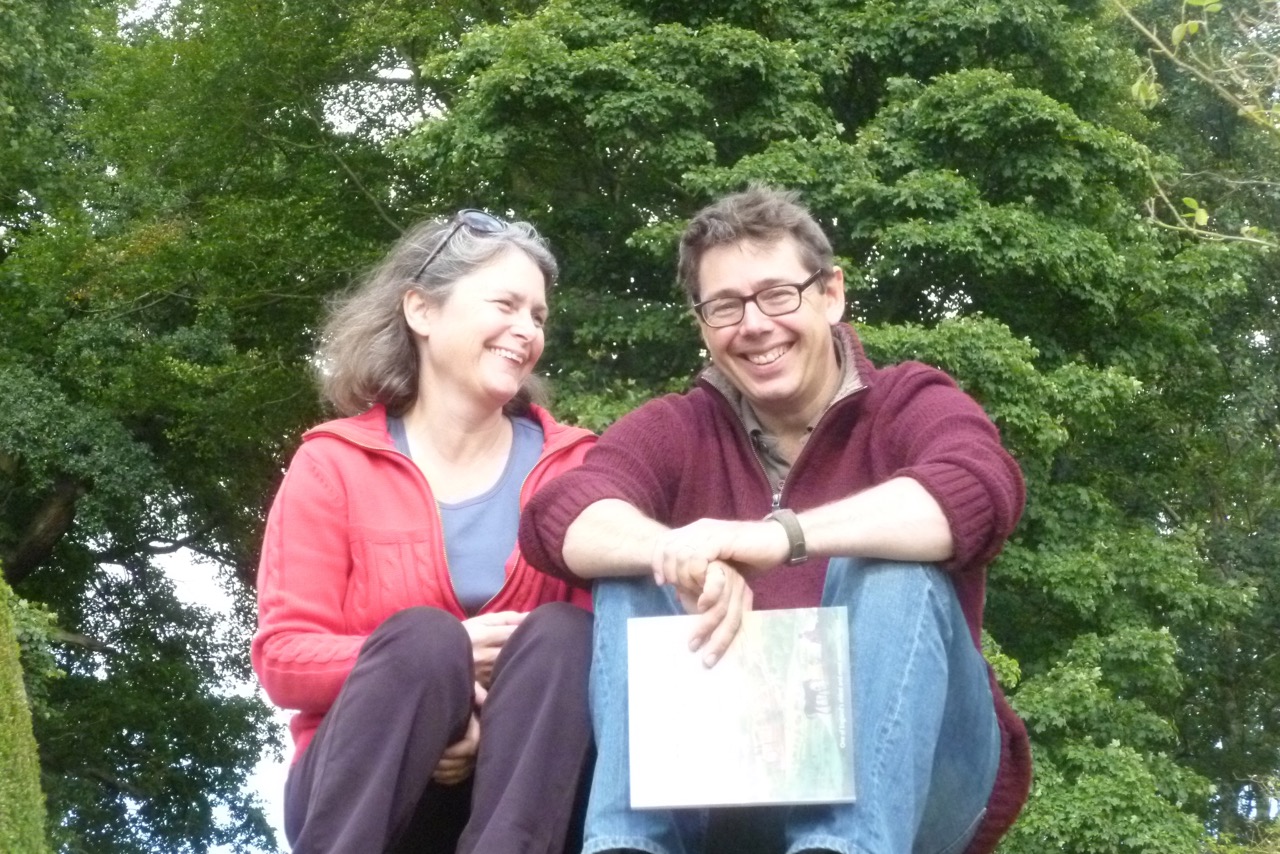- Home |
- Search Results |
- Patrick Dillon on the importance of memories and how to preserve them
Three months after Nicola died, I found myself in a stranger’s house, in a town I didn’t know, unable to sleep.
I’d come to visit an old friend in Dublin, who’d arranged for me to stay nearby. My hosts put me in their daughter’s room. Its walls were hung with graduation photos and One Direction posters. At three in the morning there was no traffic outside.
Friends had told me I was doing well.
“It’s good you’re staying so busy,” they said.
But I wasn’t doing well. And staying busy was a euphemism, of course. I wasn’t busy, I was running, like a child fleeing a burnt out village with no instinct but to keep running for fear of looking back. Unable to sleep, I switched on the light. A stranger’s memories surrounded me, slowly gathering dust: a shelf of exam texts, a photo of three girls at a party. And for some reason, with the silence of a strange city about me, that was when I started to take stock of what had happened to me, and to us. That was the moment I looked back.
My wife was diagnosed with leukaemia on the last day of May 2015. She died thirteen months later. Thirteen months of bewilderment and fear: in my memory the whole period blurred into disconnected images. I remembered sun on the rooftops as we looked from the hospital window, and a sheen of sweat on Nicola’s face as she lay in hospital near the end. While she was well we’d stayed at my sister’s house in Suffolk and walked along the river. I could remember the tree trunk where we sat and watched the water slipping past trees, and a yacht sailing upstream. I couldn’t remember when that was: October, perhaps. When was the weekend we went to Blenheim and walked through the park? Daffodils had poked through the long grass: it must have been March, three months before I lost her.

I didn’t want to lose Nicola, or the thirteen months we shared before she died. I realised, that night, I had to start writing about her. I needed a book to cast memory in bronze.
It took me most of the night to get things in order – a rough outline, at least. That gave me some comfort, but I was scared how quickly my memories had decayed. I’d thought they’d be with me forever. Instead, the past seemed to be drowning, as if time was a flood and its waters would go on rising, year after year, until everything was gone: like those villages lost off the Norfolk coast of which nothing remains but a bell tolling at sea.
Somewhere I read that each time you recall something, you erase your memory of it and redraw it from scratch. Our memories aren’t heirlooms, they’re Chinese whispers, distorting what they try to protect. They’re as frail as we are, and grow old with us, scabbing and wrinkling like aging skin. I didn’t want to lose Nicola, or the thirteen months we shared before she died. I realised, that night, I had to start writing about her. I needed a book to cast memory in bronze.
I’d always known that one day I would write about Nicola. Of course I would: the alternative was silence, which meant being locked in a room with that remorseless killer, grief. I went back home. I wrote down the dates I’d recovered in my memory, and looked for more. All through Nicola’s illness we’d texted each other. I found her last text on my phone: No sign of my mother. Then I scrolled back and came across them all: our messages and Whatsapps, perfectly preserved. Without meaning to, I’d stumbled on the archaeology of a modern life: not a needle found by Hadrian’s Wall, or a pet dog crouched in Pompei’s lava, but a stream of data translating, on my computer screen, to this: I love you too, sleep well.
Bright words, as ageless as a twist of hair in a Victorian locket. It took two months to put everything in order. Working a day at a time, I recovered the hot morning in September when I’d waited outside hospital to collect Nicola from chemo. I pinned down the night the doctor called to say they were taking her to intensive care. I remembered our car standing alone in the deserted hospital car park, and the shop, as I hurried in, with its shutters closed and lights switched off.
That was when I started to write. I worked quickly. We spent New Year in Rome and I wrote in the early mornings. And went on remembering. Like a plough slicing through earth, my pen kept turning up treasures: an evening crossing Waterloo Bridge with lights shining on the water; the room in St Thomas’s where our children were born. I’d had no idea that under the soil, untarnished, those memories were still there, a city buried under the lava flow of everyday life. As each came to the surface, I eased it from the clay, brushed dirt from it. And, knowing memories couldn’t survive the light, I turned them into words.
Like a kiln firing clay, writing transformed the past. It emerged as something new, something hard and distinct that existed outside my own grief. But as I went on I realised that my purpose in writing A Moment of Grace wasn’t just to arrest time. For by the same process, in the same crucible, I found that grief itself could be transformed. Through writing I could fashion it into something more valuable: a memorial to twenty-eight years of love; a tribute to Nicola; a gift.
